Blog
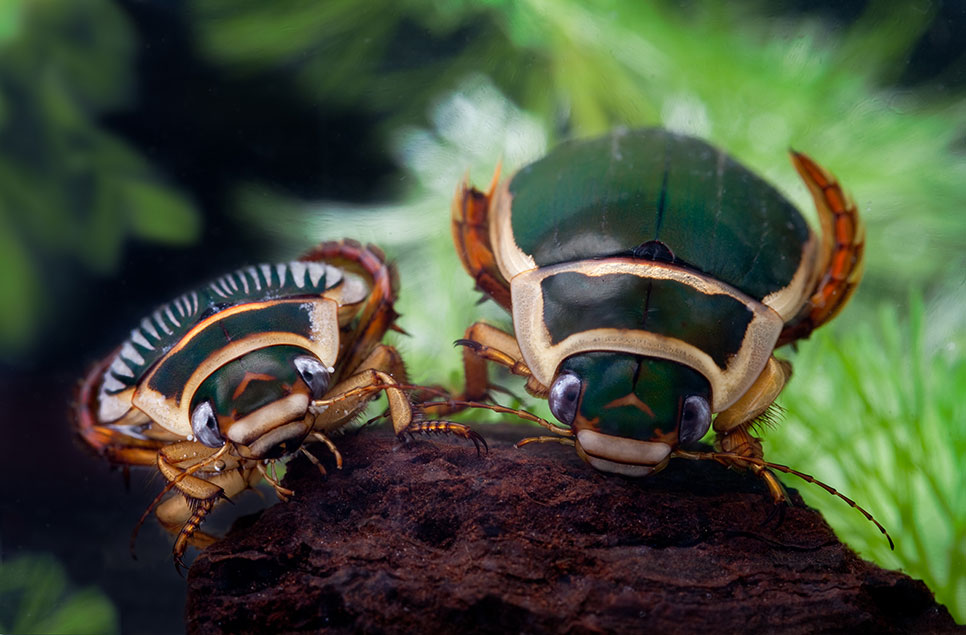
Wildlife ID guide: what species lives in a pond?
Did you know that ponds are havens for a huge range of aquatic invertebrates, amphibians and more? Find out more about how to identify the huge biodiversity of pond life when you next go pond dipping.
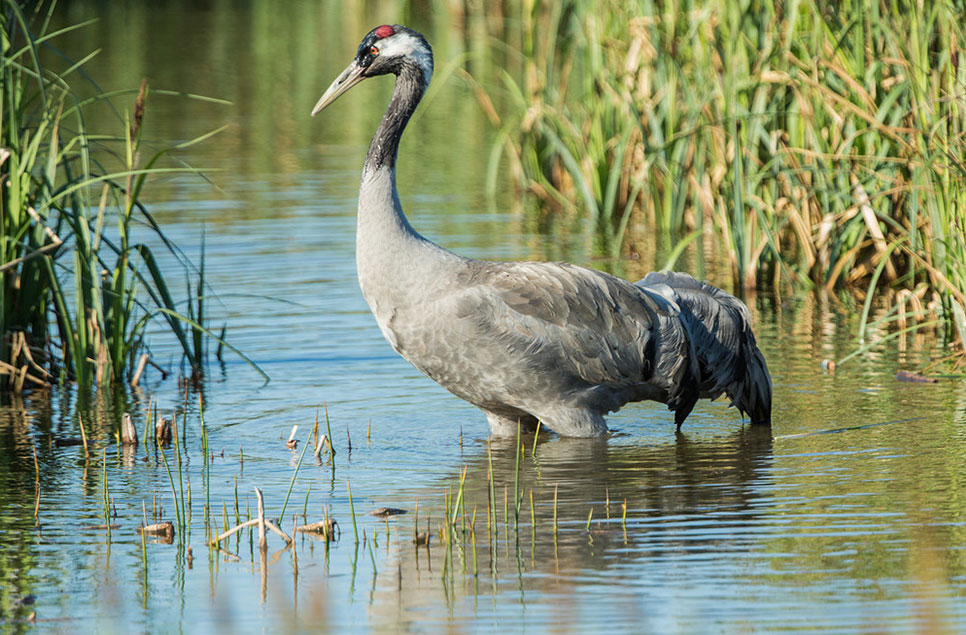
Make a Crane!
One of the most famous origami models is the paper crane. In Japanese folklore, the crane is said to live for a thousand years. Read on for simple instruction on how to make a paper crane, and take the WWT #CraneChallenge
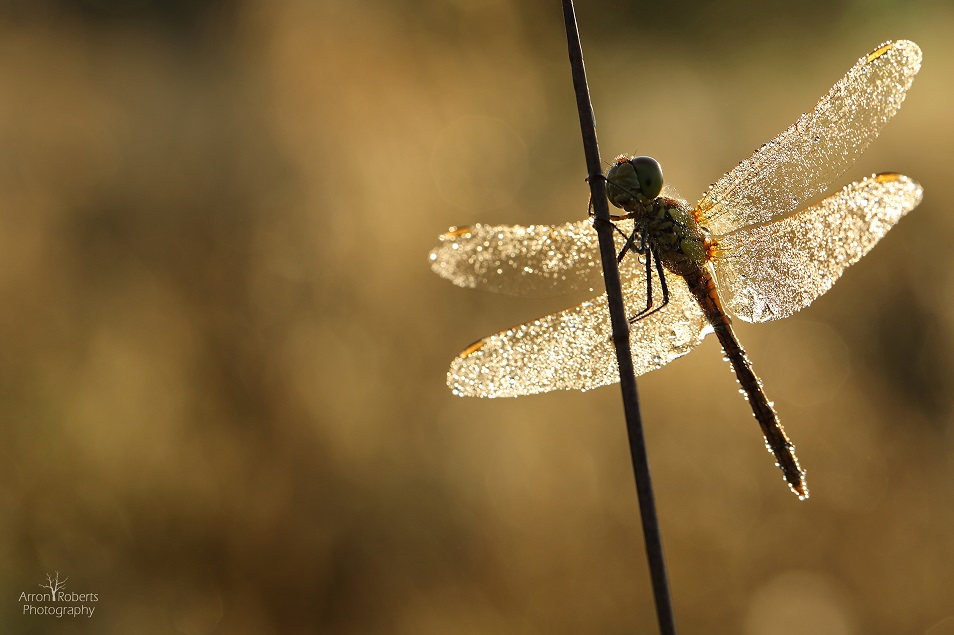
Spring photography tips: how to get the best shots of new life
Spring is a fantastic time of the year for photographers. As the days lengthen and the temperature starts to warm, learn how WWT reserve warden Arron Roberts photograph new life and a plethora of colourful subjects.
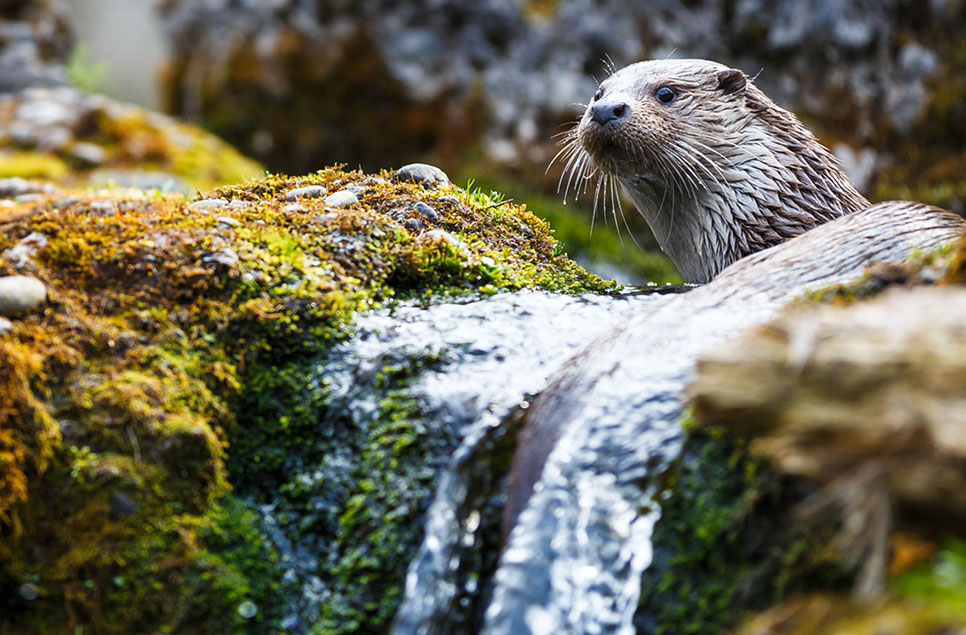
Spotlight on: the European otter (and how to see them in the wild)
Otters are secretive, fascinating and adorable creatures, but why do we never see them? Find out more about otters, where otters live in the UK and what to do for the best chance of seeing them in the wild.
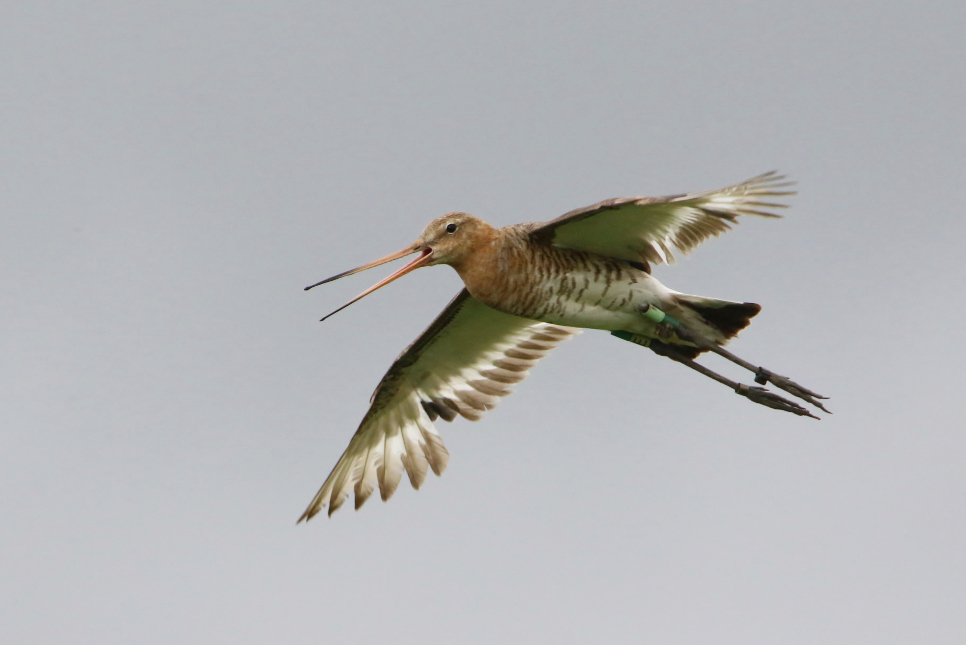
The chips are down! Miracle birds hatched from ‘muddy potato’ eggs return thousands of miles to rearing site
Rare black-tailed godwits hand-reared at WWT Welney after their eggs were freed from muddy farmland have flown thousands of miles home for summer.
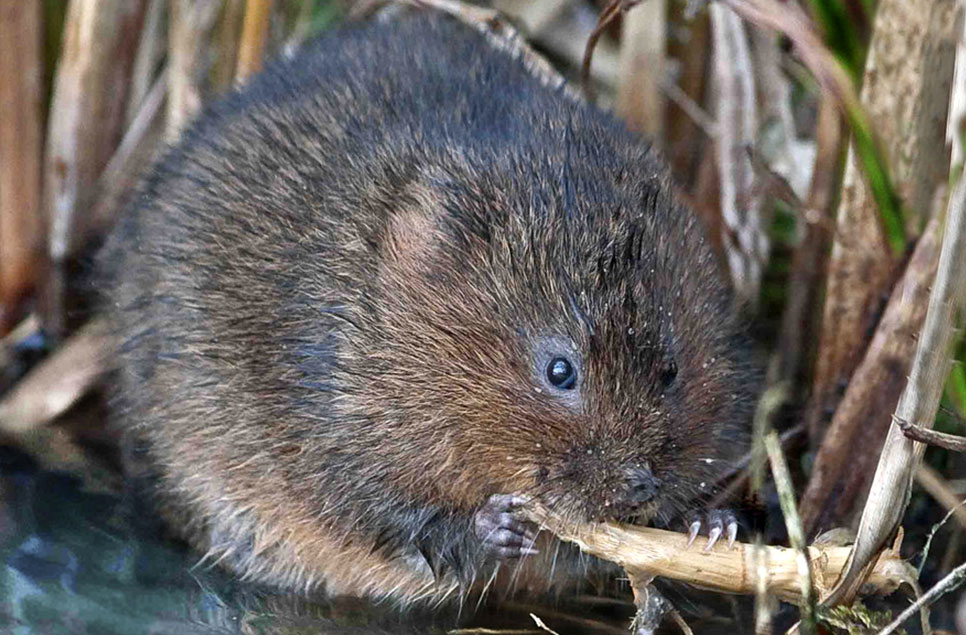
Water voles vs. rats: how to tell the difference
Have you ever seen a small furry body swimming along, and not been sure if it's a water vole or a rat? This quick guide highlights the key differences between the species.
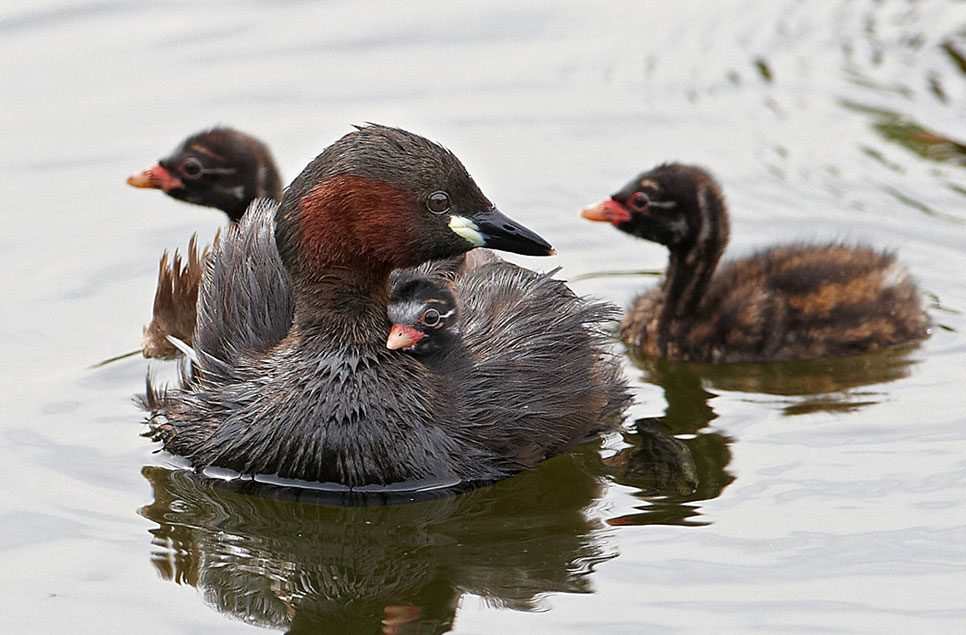
How different birds build their nests and rear their young
A guide to how the different groups of bird species make their nests in wetlands, what their chicks and eggs look like, and the parenting challenges they face. Each group has different adaptations to give their young the best chance.
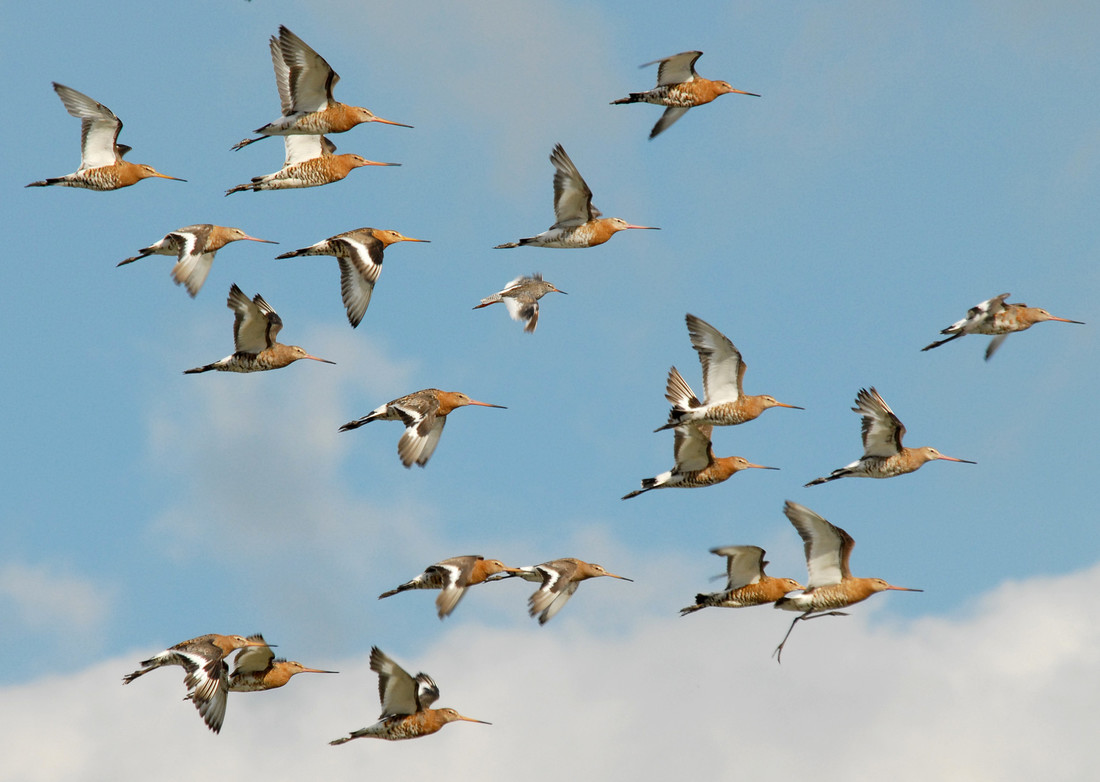
The facts about biodiversity loss: 6 key insights from the 2019 UN IPBES report
In a comprehensive and shocking global report, the IPBES have published landmark findings that show biodiversity in wetlands and other habitats around the world is in freefall. We examine what the report tells us, and what can be done.
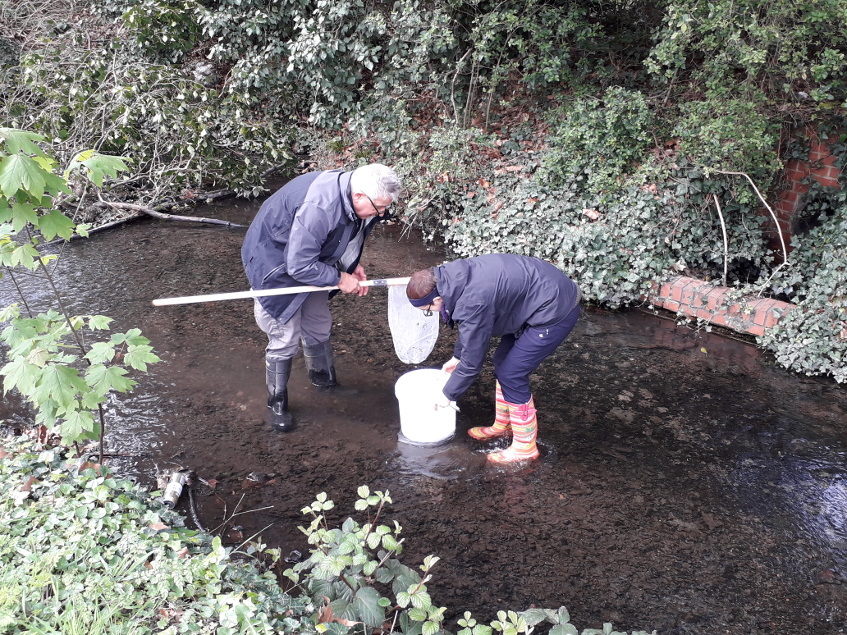
Slough residents turn animal detectives to save local stream
Local volunteers from Slough have been trained to identify river-residents to monitor pollution in the Salt Hill Stream by WWT experts.
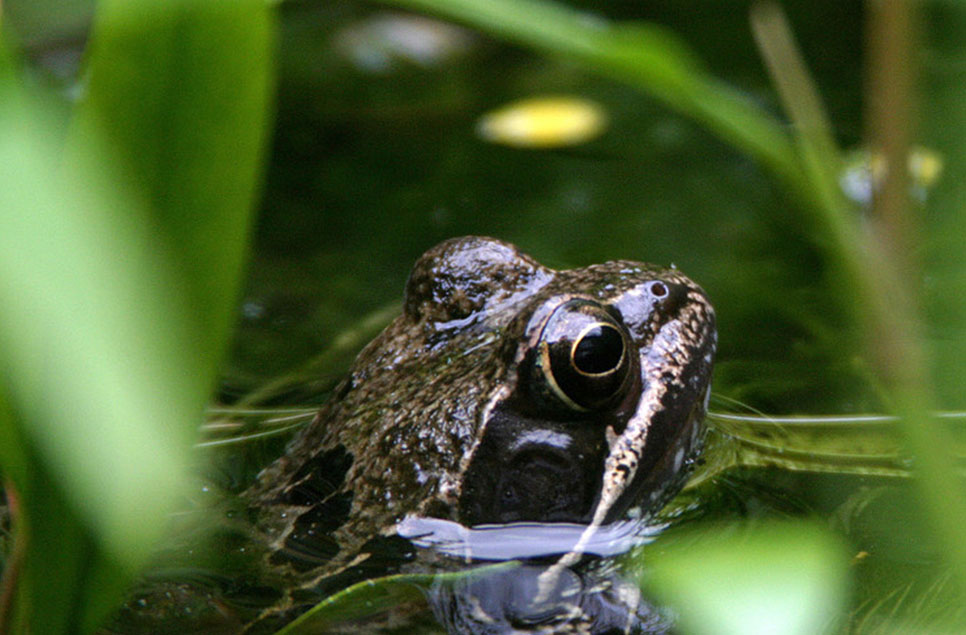
10 ways to add water to your garden that wildlife will love
When it comes to supporting nature, wildlife gardens are a good place to start. By creating ponds and wetland areas in our gardens - no matter how small – you'll attract wildlife like dragonflies, amphibians and birds.
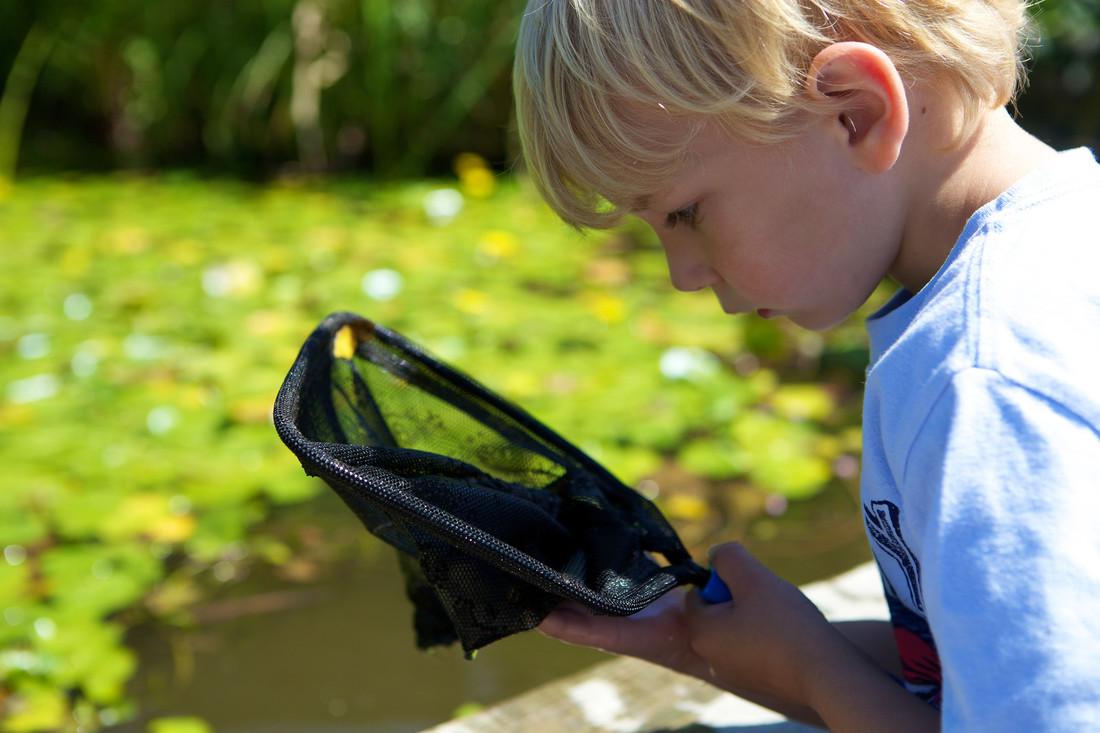
A guide to pond dipping: things to know before you go
Pond dipping is fun, simple and doesn’t cost much. It's no surprise that it’s a popular outdoor learning activity for children, adults and an important conservation surveying method. Our guide will help you explore responsibly.
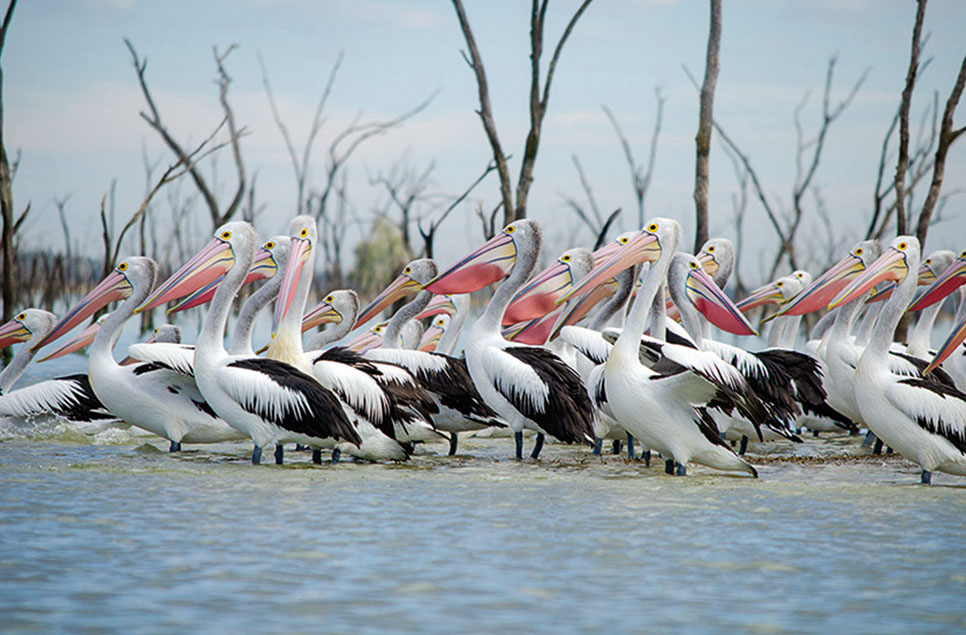
Our Planet - a wildlife series with a difference?
Biodiversity loss has long been the poor cousin of climate change. Does the launch of Our Planet, a new flagship wildlife series by Netflix, succeed in highlighting the problem?
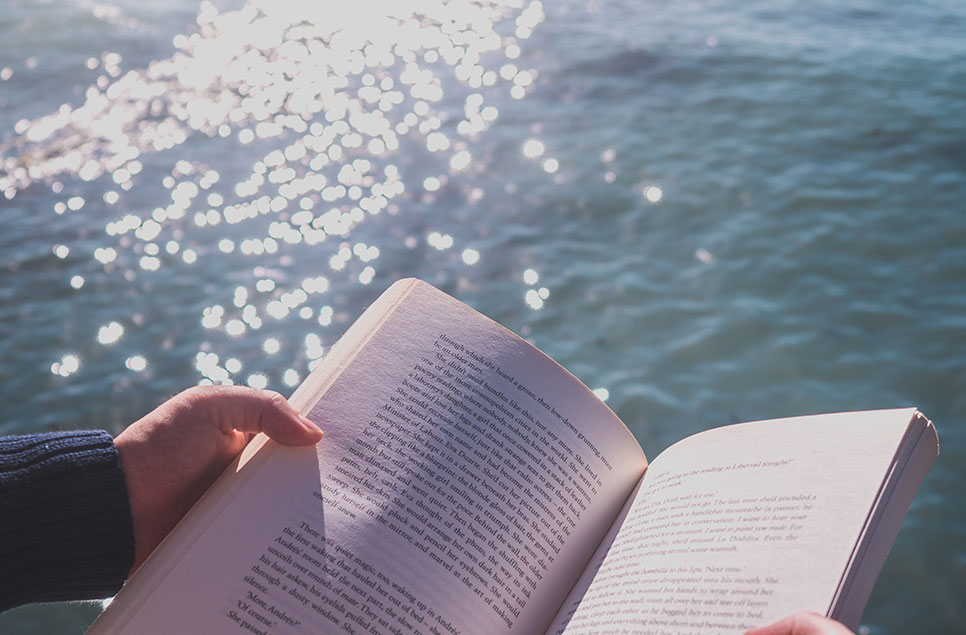
Ten of our favourite children's books and stories featuring wetlands
Woods feature strongly in stories from our childhood – Hansel and Gretel, Little Red Riding Hood - yet wetlands and water also play a prominent role in many of our favourite books.
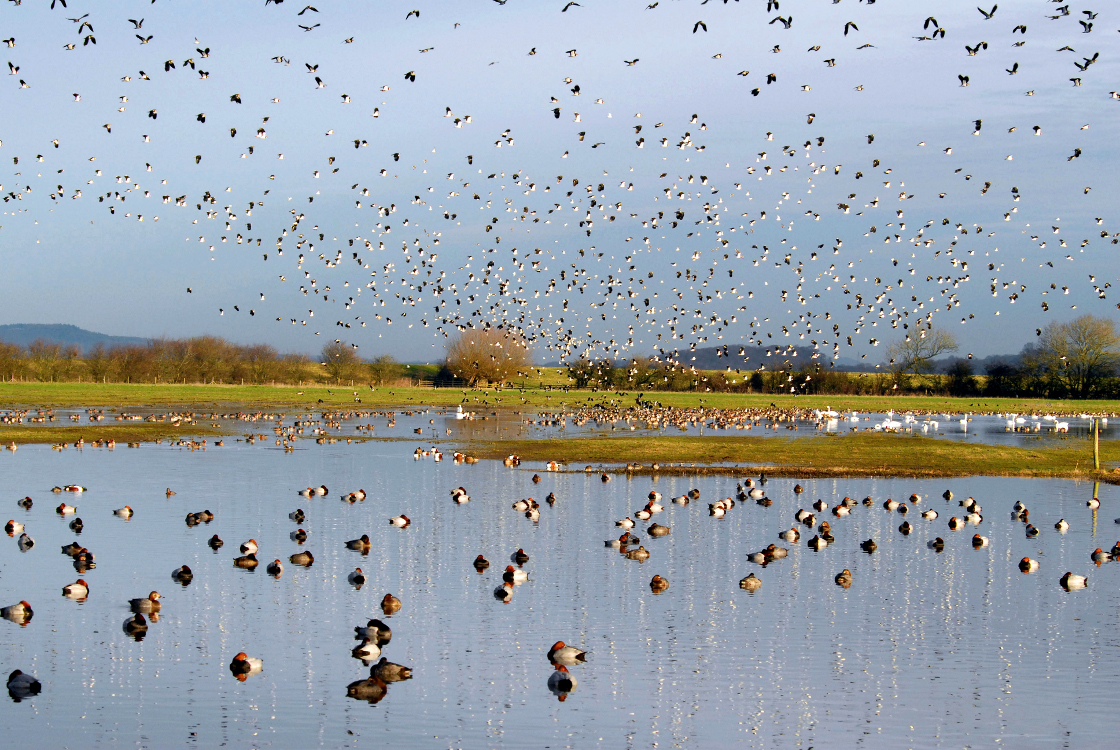
Nature springs into action early as unseasonal temperatures soar
Impatient spring weather has played havoc with the routines of our wetland wildlife. Our wintering visitors have all but left for their breeding grounds and some of our summer residents have already popped up in their place. What is going on?
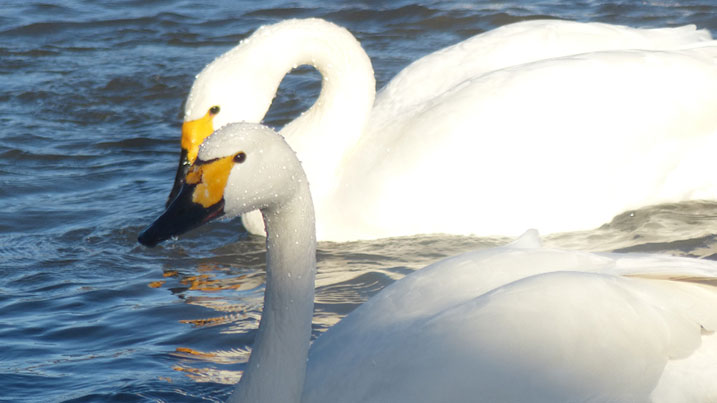
Dynasties – dominance and drama on the wetlands
Some of our most successful swans belong to large dynasties, powerful families who have been returning to the same lake each year for generations. As space becomes tight, visitors to the centres are likely to witness an argument or two upon the ripples.